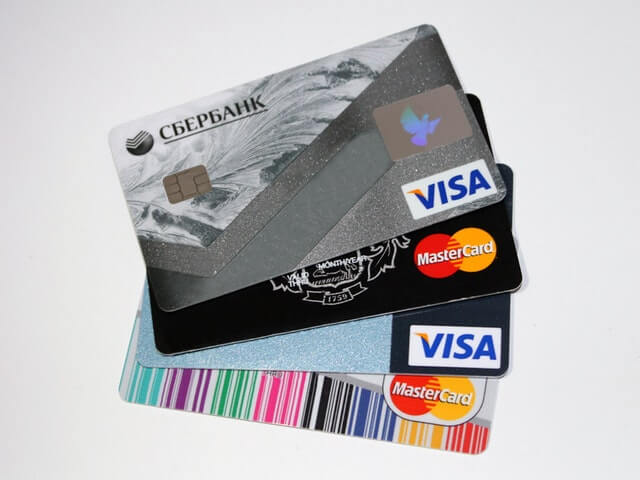There are many credit card companies that offer FICO credit scores to their cardholders for free. They provide customers with a chance to view their credit scores every month. However, these may look too shady since most of these since most of them take you to third party sites. If this has happened to you, then you may have misgivings about this free service. Is it really safe? Does this leave me vulnerable to my information being stolen?
The Truth About Free Credit Scores
While being redirected to third party sites can certainly seem sketchy, it’s actually very safe as long as no other information is asked from you such as your Social Security number since your credit card company should already have it. If it does, however, then it’s best if you steer clear.
Getting free credit reports every month is certainly a great chance to evaluate your credit standing, whether you get the report via email or your mailbox, or through a third-party affiliate site. They provide you with a “review” of your account without any repercussions to your score. Additionally, when you pull your own report or score, it doesn’t count as a hard inquiry and will have no effect on your score.
However, the score that you get is not actually your FICO score. In the first place, the real FICO score is the “FICO Score 8”, which has a top score of 850 and is the one we’re most familiar with. On the other hand, there are five (at the least) other versions of FICO scores used by credit cards, most commonly the FICO “Bankcard Score 8”, which has a top score of 900.
With a FICO Bankcard Score 8, you may have a score of 750, for example. A 750 would be a solid “A” rating on the traditional FICO scale. But on the FICO Bankcard Score 8 scale of 900, a 750 score would be a low “B” rating.
But just because the number provided by the credit card company isn’t really the traditional FICO score doesn’t mean it’s worthless. You can still use the number as a guideline of what your score is doing month to month, as long as it’s using the same score model and credit bureau every month. What you should look out for are large changes to your score, which could indicate financial distress on your part, or some errors or fraud occurred.

